
‘New Balis’, Islam, and moving the capital: Indonesia’s Luhut Pandjaitan on Jokowi’s challenges
- Luhut Pandjaitan, the Indonesian president’s trusted aide and his point man on China affairs, says Jakarta’s biggest task is luring foreign investors who can give the country a leg-up in technological development
- He refutes suggestions that the government is promoting nationalism and says it is committed to tackling growing religious conservatism
SECURITY AND DEVELOPMENT CONCERNS
There were reports that a new naval base had been built in the Natuna Islands about a year ago. What is your view on how Indonesia should deal with maritime disputes, and what is the current threat level in the waters near the Natuna Islands?
Maritime dispute with whom? The current situation is no issue. The Natuna Islands are our territory. The development of a seaport in this area was a long-overdue programme. We did not have enough budget in the past. But now, budget is available. There are two things that we want to build. First, a seaport to support our fishing industry. Second, promote our coastguard capabilities in that area.
Are there still Chinese fishing vessels trying to approach Indonesian waters?
Not only Chinese fishing vessels but also others. If you don’t have personnel there, anybody can come over. We need to be present there and we should be active in guarding our area. If our fishermen are active in that area, there will be fewer foreign vessels coming in.
I think our position and our stance is clear: we support freedom of navigation. We do not want to see any power competition in the area. We want to make it clear that we have territorial integrity.
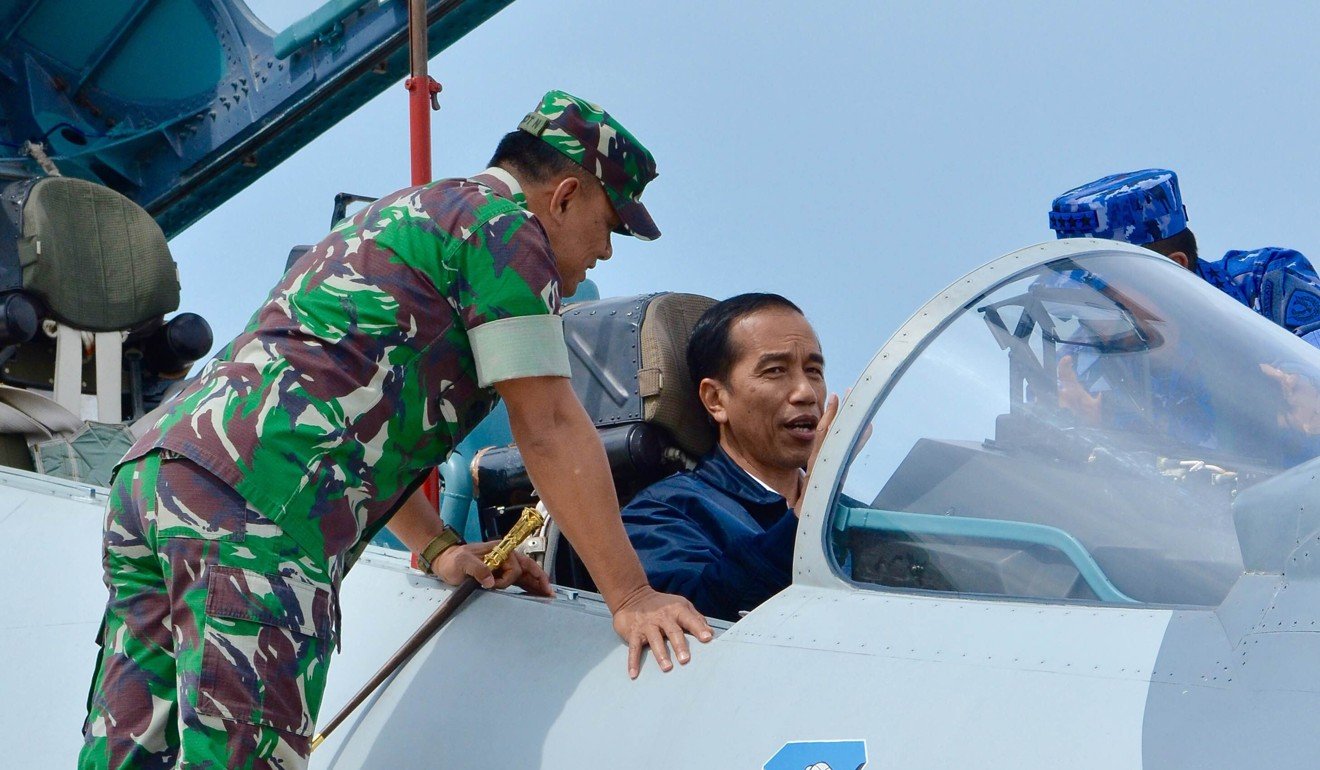
Can you share with us the plan for moving the capital from Jakarta to Kalimantan? What do you think will be the biggest challenge, and will this project be given to investment from China under its Belt and Road Initiative?
The president would like to see a combination of consultants for the design of the capital, not only Indonesian design. He plans to invite international planners to design it as a futuristic capital. Now, we are preparing the law for parliament’s approval. Hopefully, by the first quarter of next year it is going to be in place.
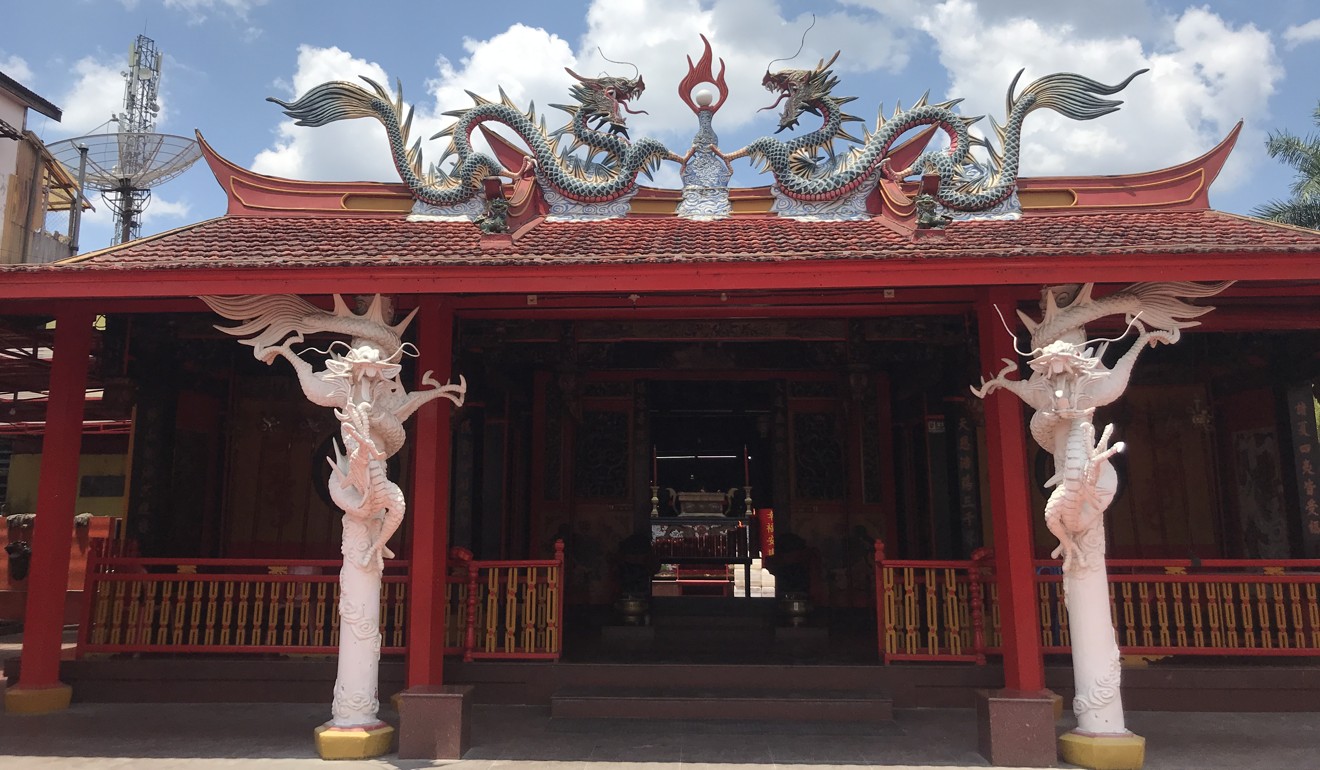
This is a big project and needs more [details before] implementation. But I believe with the latest technology, combined with a good system and transparent government, I think the move will run well.
[On whether the project will be parked under the Belt and Road Initiative, the answer is] no. There are always rumours here and there. We know what is best for the country. We do not have any plans to give it to the belt and road programme. We have enough budget for that.
What about technological development? Does Indonesia plan to work with Huawei for instance to develop 5G infrastructure? Do you see Huawei as a security threat?
We don’t have any specific plans. Today, our fibre-optic infrastructure is already in place. For us, anybody who can offer more benefits is welcome. Of course, we have to protect our own interests. Every investment related to technology can bring some kind of threat, e.g. malware. We need to protect our interests. And we have the technology to do so. But can we protect 100 per cent?
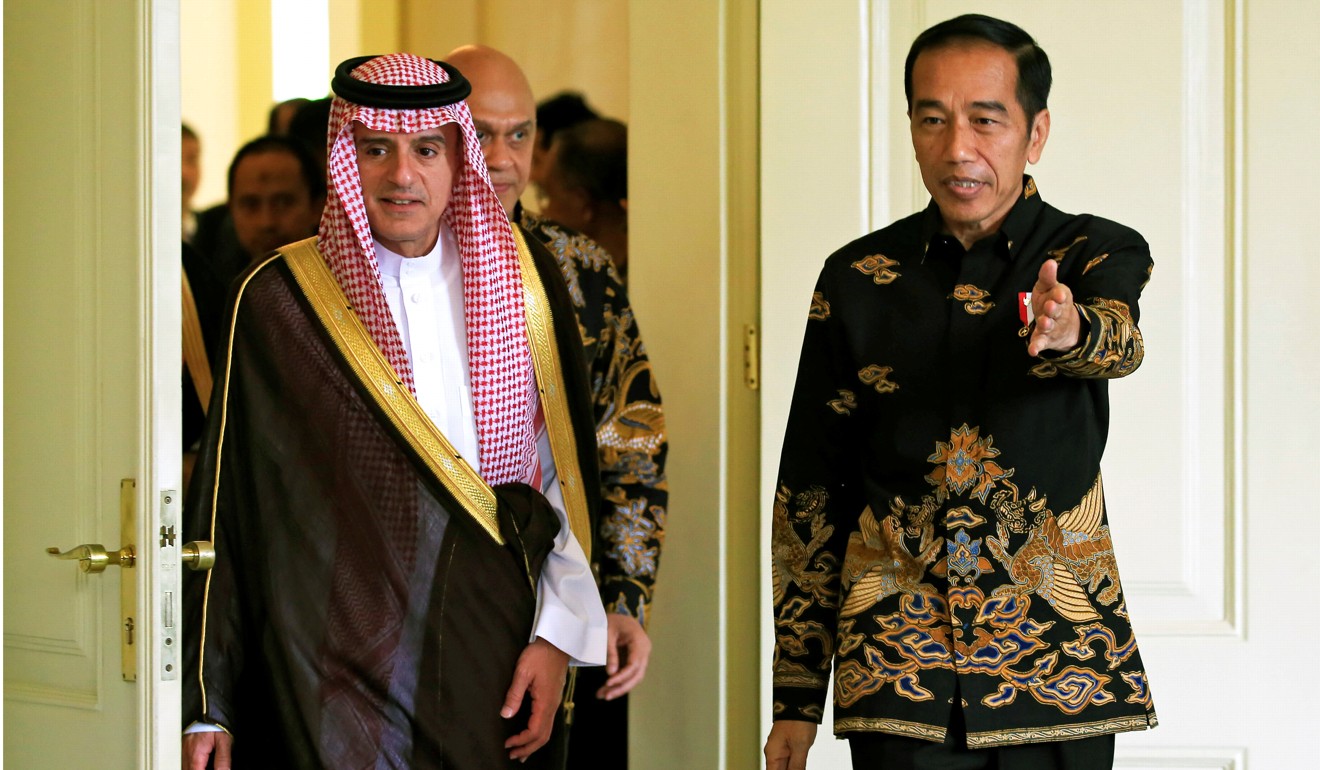
MANAGING RELIGION AND THE ISLAMIC WORLD
What is your perception of rising religious conservatism in Indonesia?
This is one issue that we have to be careful about. We do not want to see Indonesia become like Syria or Iraq. We want to see Indonesia in [the way] our founding fathers foresaw it, i.e. a diverse society. It is not easy, but I think people started to realise this after the last election. We understand the problem and we are determined to tackle this firmly.
Being the largest Muslim country in the world, do you see Indonesia playing a bigger role in the Islamic world?
Yes, this is a discussion point with [senior US presidential adviser] Jared Kushner as well as with the crown prince [Mohammed bin Salman of Saudi Arabia]. The crown prince regards President Joko Widodo as a very good leader of the biggest Muslim country in the world. He kept telling me that they have to work closely with President Widodo. To Kushner, I raised the question of why the US doesn’t invite Indonesia to be part of the peacekeeping programme in the Middle East, like in Palestine, Israel, and Afghanistan. Indonesia is home to the biggest Muslim population on Earth. We discussed it and he said all these things he had to consider. He asked who would be a representative from Indonesia. I said that the president already assigned Vice-President Jusuf Kalla to represent Indonesia.
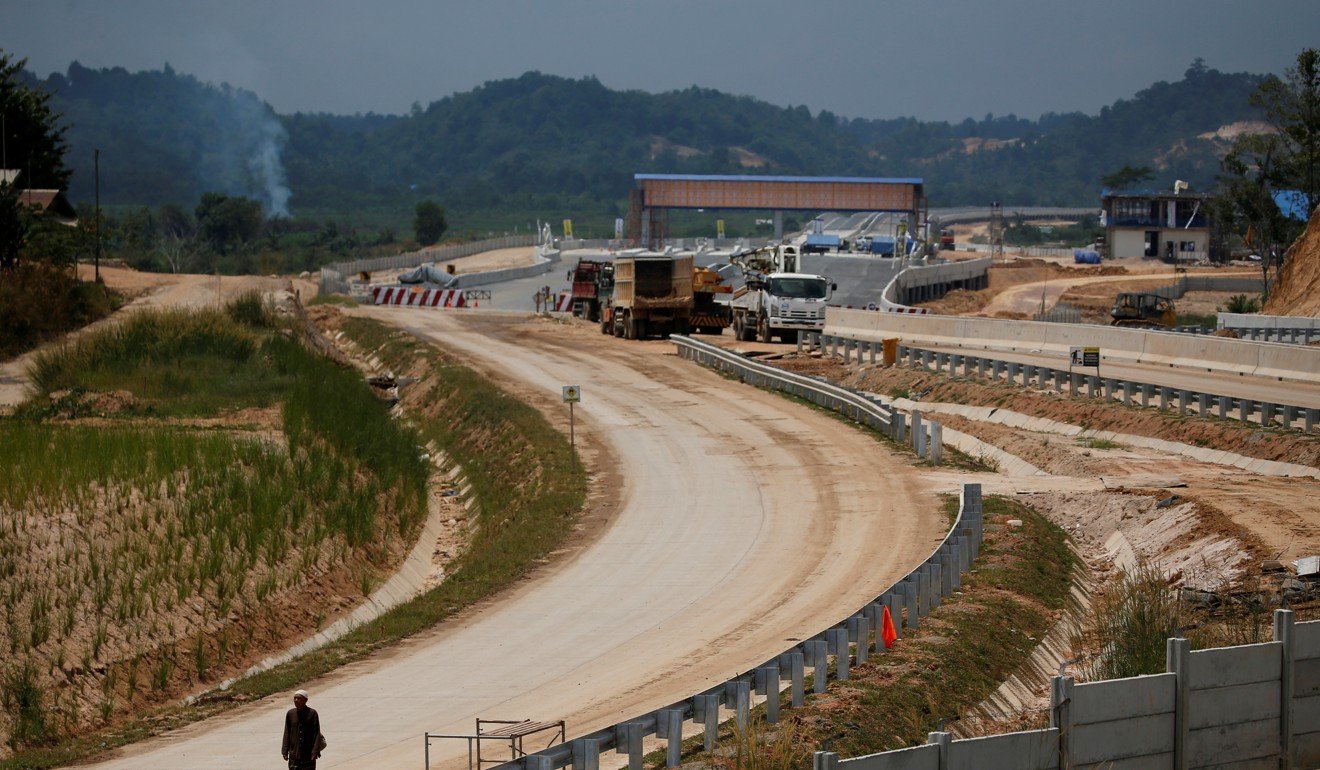
ECONOMIC OUTLOOK AMID GLOBAL UNCERTAINTIES
Do you see many foreign companies moving their manufacturing base to Indonesia? Which sectors are a priority for investment?
When I met with Jared Kushner last week in the White House, he stated that America had made Indonesia a top priority right now for their investment. They are going to send a team from the International Development Finance Corporation to do a market review. [Our priorities are] infrastructure projects, such as roads, seaports, airports, electricity and others. This morning, I had a breakfast meeting with a Hong Kong company’s representatives, [and] they told me they are interested in moving some of their business arms to Indonesia. They wanted to see investment possibilities in the financial sector and also in other industries. We offered them several locations, such as Rempang Island near Batam, as well as [areas in] Central Java. There are many areas to invest in. Particularly for tourist destinations, we have the five “new Balis” – Lake Toba, Borobudur, Mandalika, Labuanbajo, and North Sulawesi. We offer these areas to investors. We are happy to accommodate new investments. Indonesia is open and transparent. We have cut bureaucracy quite a lot. By the end of this year, we will allow foreigners to own properties, like in Singapore.
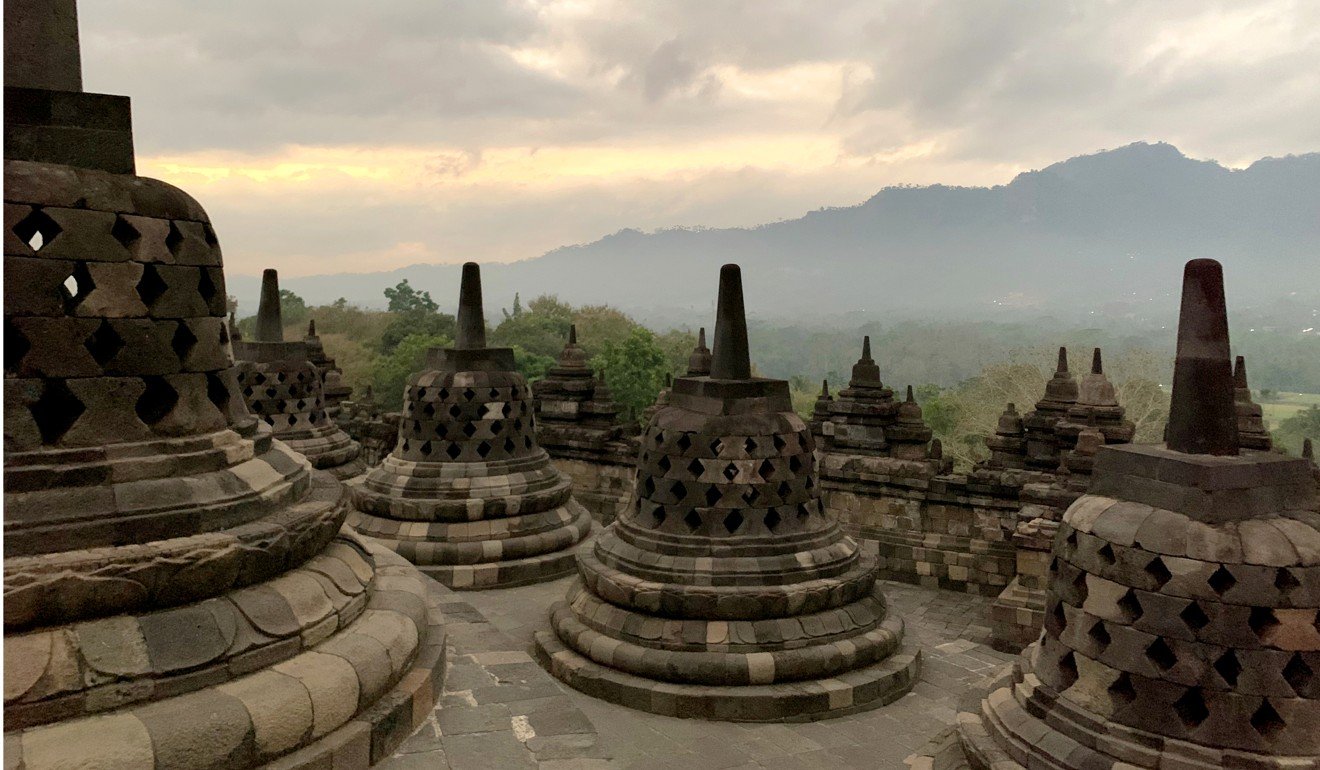
You have mentioned five “new Balis”. Can you tell us a bit more about who the investors are there, and in what areas?
I recommend you visit Lake Toba on the 14th of this month [October]. There will be a ground-breaking [ceremony] for the first five-star hotel. The preparation is moving along very well. We have budgeted 4.2 trillion rupiah (US$297 million) for Lake Toba infrastructure development. This is the first time ever in our history that we have had such a big budget for Lake Toba. The infrastructure projects are being prepared by the government. Some luxurious hotels, such as Banyan Tree, Four Seasons, and Marriott, will open their hotel chains. We are preparing around 35 tourist spots at Lake Toba alone. We are offering several options for tourists, such as a one-day trip, a two-day trip, or even a four-day trip. They can choose which port to visit easily. The tours will cater to both high-end and mid-range tourists.
PRIORITIES FOR THE SECOND JOKOWI ADMINISTRATION
How do you describe Jokowi personally and how does he respond to pressure? What were his lessons learned that he is bringing to his new term?
I have known the president for 11 years. We know each other very well. In my view, I do not see any change in the personality of President Widodo. He is still the same person he was before becoming president years ago. He is a workaholic. He is very close to the people. He gives full authority to his ministers, but he also takes responsibility. His family has no business whatever within the government. I think this is very important. Basically, he sets a good example to the people. A role model for such a country with 270 million. However, it is not easy to change the attitude of the people within a short period. But you see it is changing now.
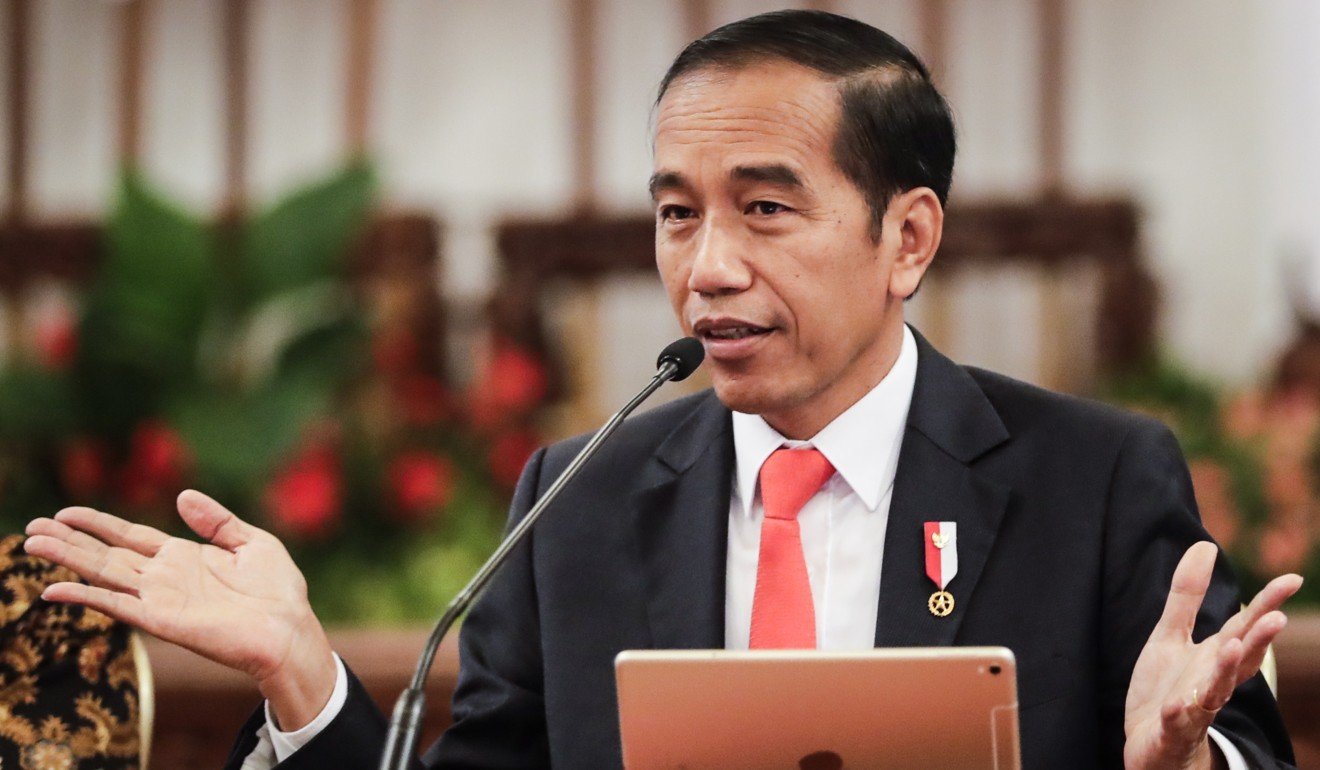
Concerning the economy, there is a clear change, there is less and less red tape in Indonesia today. We want to make [doing business] fast. The president wants to speed up licensing, because he understands this has been dragging investment down. He says he wants to move very fast. So that is the thing about Joko Widodo. I think Indonesia is lucky to have him.
What are the prospects for the Belt and Road Initiative in Jokowi’s second term?
So far, I think we do not have many problems, we enjoy very much working with China. I think it is very fruitful for Indonesia. But they have to comply with our regulations. That, I think, is very important. Any foreign direct investments, not only from China, they have to bring first-class technology. We do not want second-class technology because of the environmental issues.
The business model should be B2B [business to business]. We do not want G2G [government to government], because we would like to maintain our debt to GDP ratio at below 30 per cent.
Moreover, the foreign direct investment that we seek must as much as possible use local labour. If they do not have enough engineers, like in the eastern part of Indonesia, then they can bring foreign engineers for a while. But at the same time, they have to build polytechnics jointly with the local governments to replace foreign workers gradually.
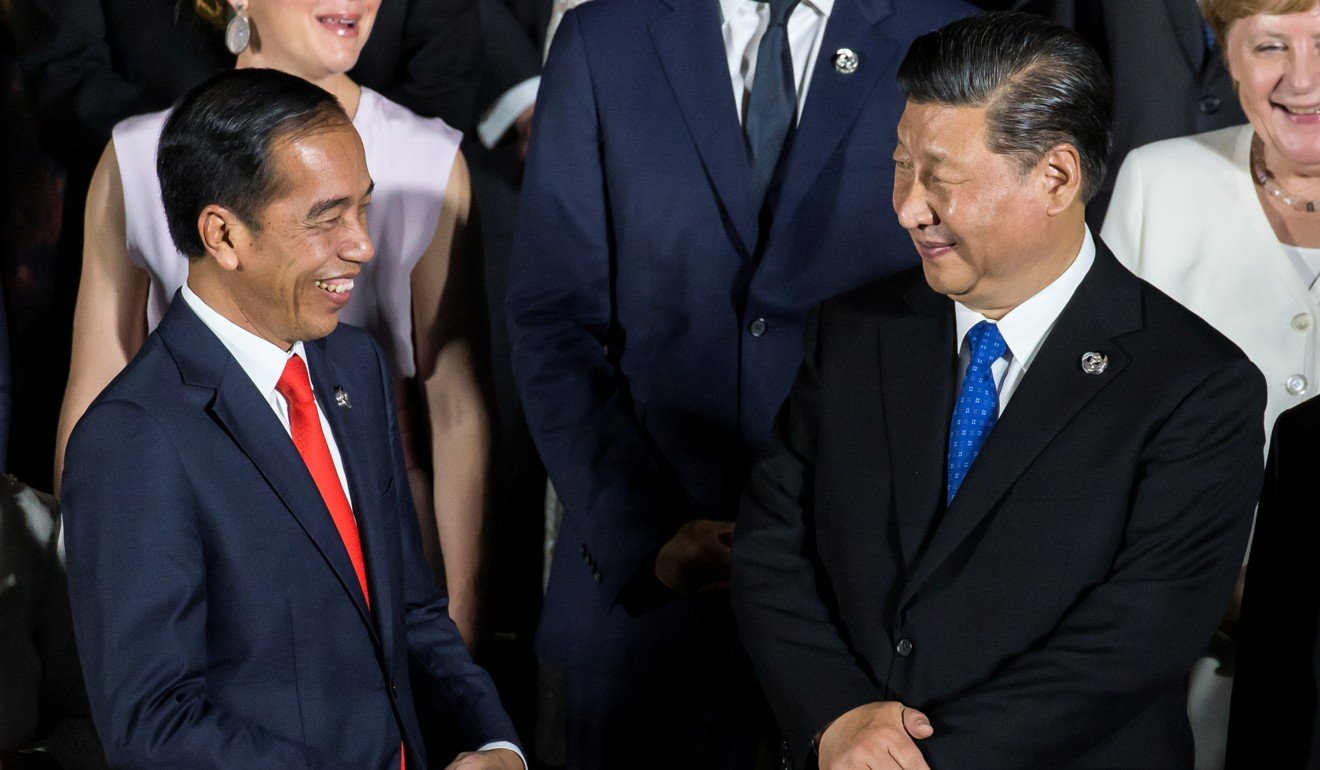
Finally, the foreign direct investment must bring added value. We do not want investment that only exploits and then exports raw materials. We would like to see more value added from the investment, as in Morowali. From their nickel ore mining, they are now producing stainless steel, carbon steel, and soon will produce lithium batteries. They also have capabilities to extract cobalt from low-grade nickel ore. We are developing an industry to recycle lithium batteries to minimise the waste.
Indonesia is rich in nickel ore, tin, bauxite, alumina, copper, and so on, but we have no industries to add value to those minerals. We are not part of the global supply chain. By focusing on the added value of mineral processing, Indonesia wants to be a global player, like in the electric car industry.
We have an open foreign direct investment policy. We don’t want to be specific to China, or America or Europe, but to anybody. But once you invest in Indonesia, you have to comply with our regulations. This country is too big to lean towards one single power.
I think we do not manage our resources well. With the leadership of Joko Widodo, we want to change our management style. We are friendly and transparent. Anybody can invest. I want to make this clear, as some people say with the banning of the nickel ore exports that it means Indonesia is being nationalistic. No. Why should we export nickel ore when we can make an industry out of it in Indonesia? We want to bring added value to the people.
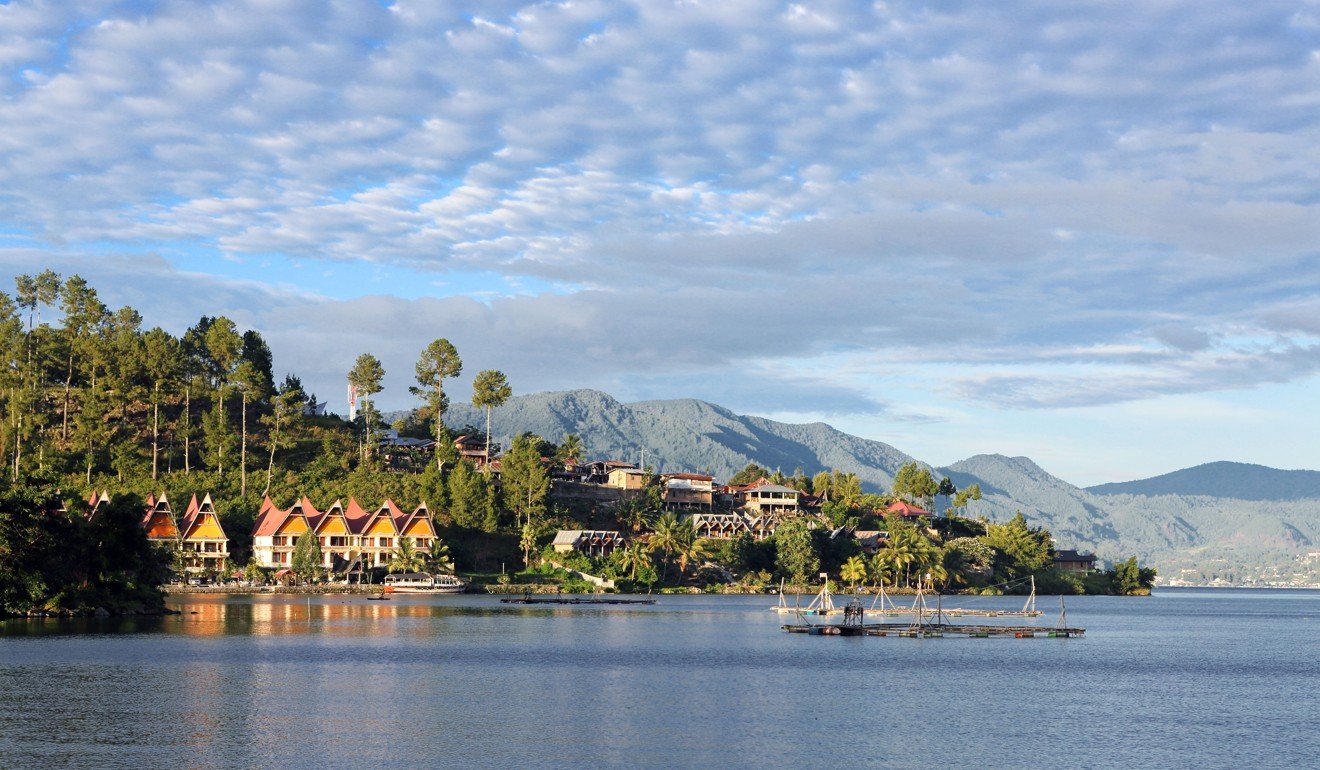
What is the current plan for Batam, Bintan, and Karimun?
The government is preparing Rempang Island as a new area for industrial estates, with 8,000 hectares available. We would like to move fast to invite investors. As I said, we had a discussion this morning with a Hong Kong company. Tomorrow, they plan to visit Bintan and Rempang. We told them these areas can be developed as a financial hub in Asia. Batam was once mentioned to be the digital bridge between Indonesia and Singapore.
How about the problems and challenges of human capital?
Human capital is always a problem, especially in the area of technology. So, in Batam right now, they have built a school with support from Apple to train Indonesians. It has been in operation for two years.
Luhut B. Pandjaitan was interviewed by Norshahril Saat and Siwage Dharma Negara, who are a fellow and a senior fellow respectively at the ISEAS-Yusof Ishak Institute. This is an edited excerpt of the full interview published in ISEAS Perspective No 86.

